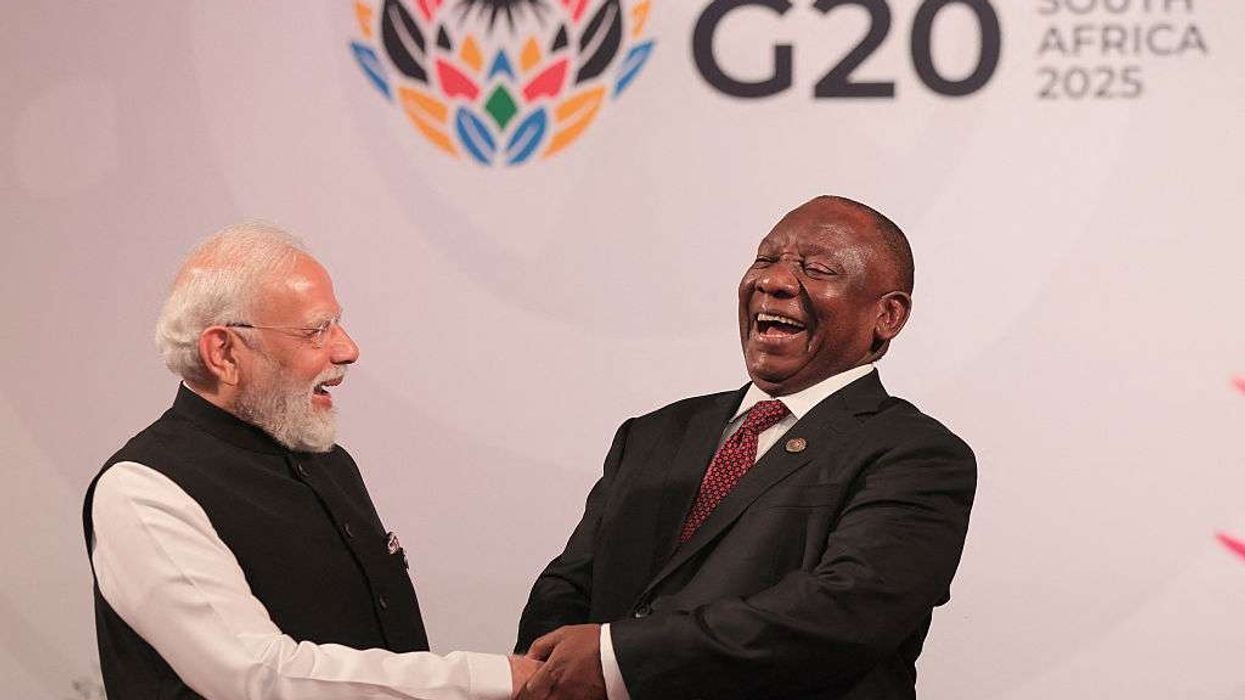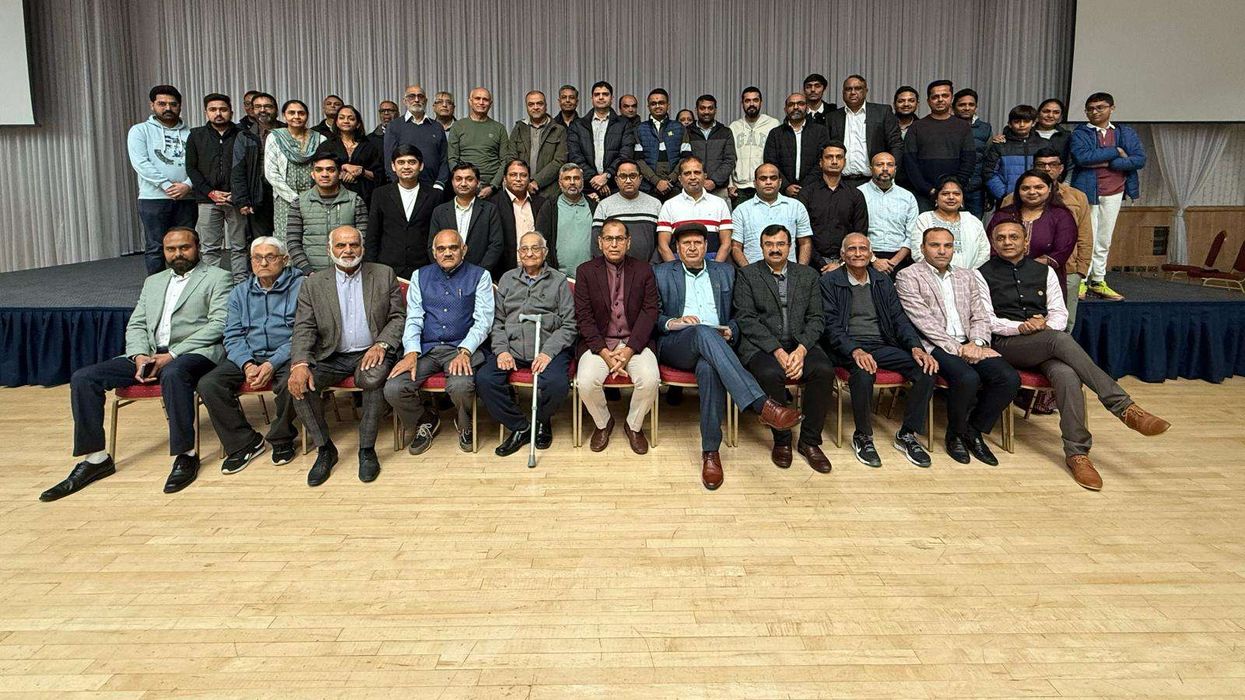BOLLYWOOD, as the Hindi film industry is popularly known, is still struggling with colour, gender and caste biases, says a recent AI study, while Hollywood has made noticeable progress.
“The $2.1 billion (£1.48bn) film industry continues to associate beauty with fair skin. The concept of beauty has remained consistent through the years in the Bollywood film industry centred in Mumbai,” a report by Kunal Khadilkar and Ashiqur KhudaBukhsh of Carnegie Mellon University (CMU), in Pennsylvania, US, found.
Researchers picked up the biggest hits of the past seven decades and fed their subtitles into automated language-processing AI tools which led to insights about the Hindi film industry's bias towards fair skin in actresses and the dominance of males in the storyline.
“It is a fill-in-the-blank exercise, for example, ‘A beautiful woman should have (_____) skin.’ A language model normally would predict ‘soft’ as the answer but when the model was trained with the Bollywood subtitles, the consistent prediction became ‘fair’,” Khadilkar told the BBC.
The researchers used a metric called Male Pronoun Ratio (MPR), which compares the occurrence of male pronouns such as ‘he’ and ‘him’ with the total occurrences of male and female pronouns. Again, they found that the highest-grossing films in Bollywood in each decade was one with a strong male character, more male characters and very few female characters.
The study also revealed caste bias as an analysis of surnames of doctors showed "a visible upper-caste Hindu bias". While the representation of other religions had increased in recent years, Muslim portrayal remained less than the community's population share, the survey found.
Apart from these findings, the study also shows that certain social issues are now talked about positively in Bollywood. In the 1950s and 1960s, dowries were socially acceptable and openly talked about in films, but that is not the case anymore. By the 1970s, other words, such as ‘consent’ and ‘responsibility,’ began to appear, says the study.
The research revealed that more baby boys’ births were depicted in Bollywood films from the 1950s and 1960s; in today’s films, boy and girl newborns are about evenly split.
For the study, the researchers picked 100 of the biggest commercial hits from each of the seven decades from 1950 to 2020 to analyse films for gender and social biases. To compare Bollywood’s evolution with the rest of the movie industries, the researchers also chose 700 films from Hollywood and 200 critically acclaimed films nominated in the foreign film category at the Oscars.






 South African president Cyril Ramaphosa (R) welcomes Indian prime minister Narendra Modi as he arrives for the opening of the G20 Leaders' Summit at the Nasrec Expo Centre in Johannesburg on November 22, 2025. (Photo by Halden KROG / POOL / AFP via Getty Images)
South African president Cyril Ramaphosa (R) welcomes Indian prime minister Narendra Modi as he arrives for the opening of the G20 Leaders' Summit at the Nasrec Expo Centre in Johannesburg on November 22, 2025. (Photo by Halden KROG / POOL / AFP via Getty Images)






